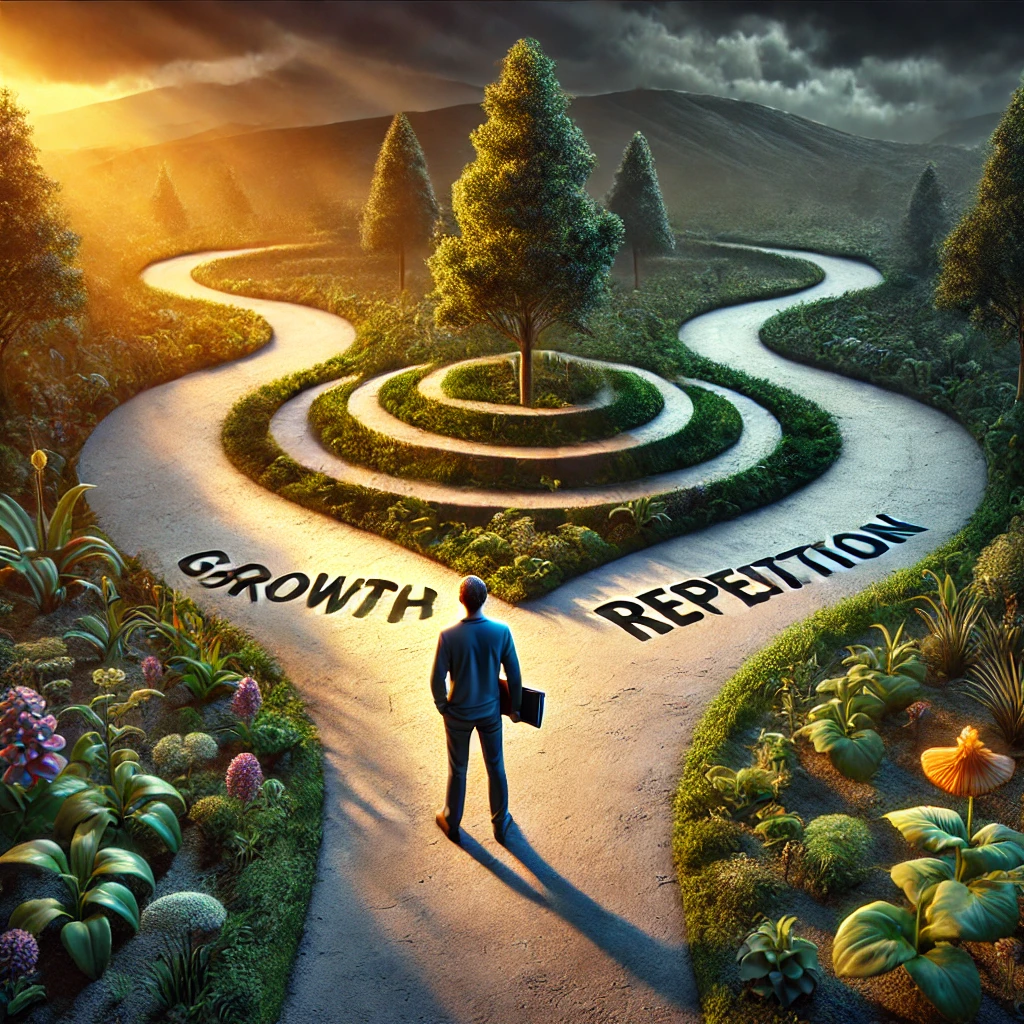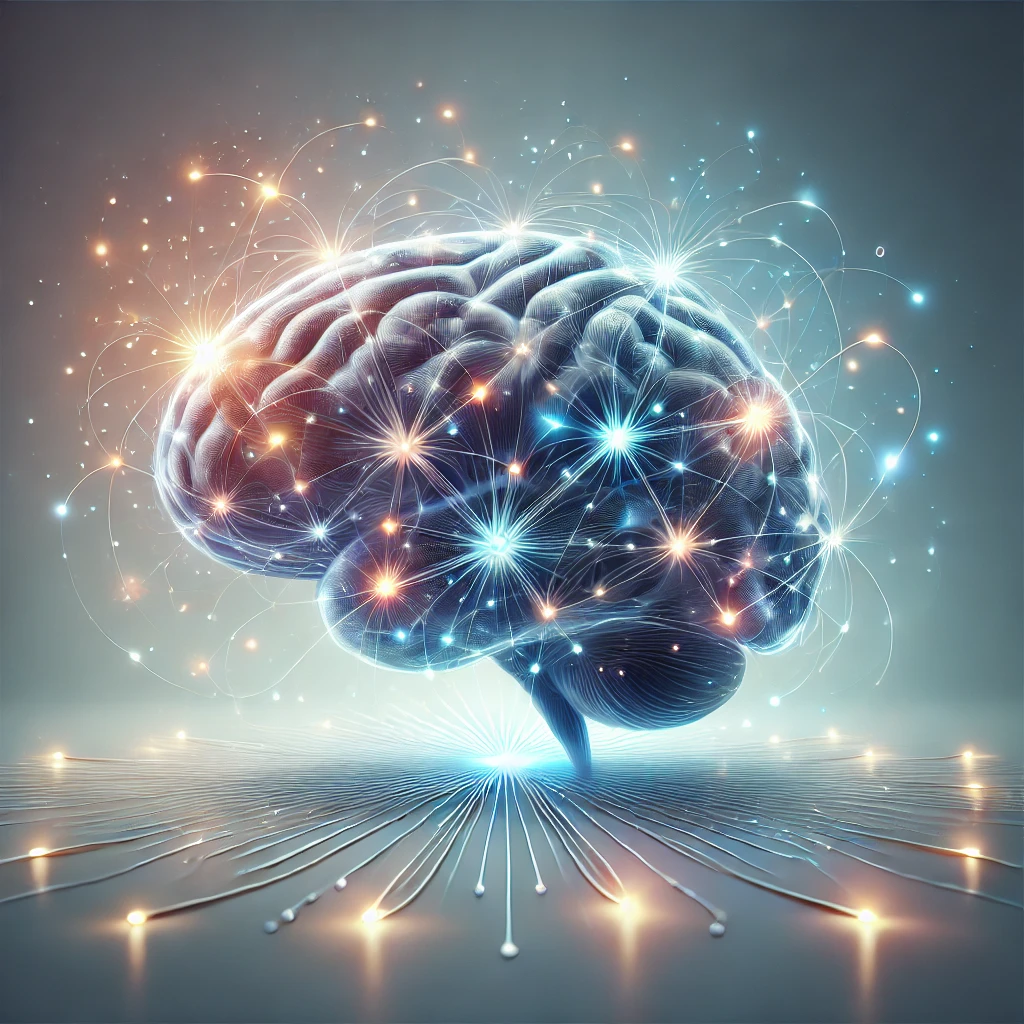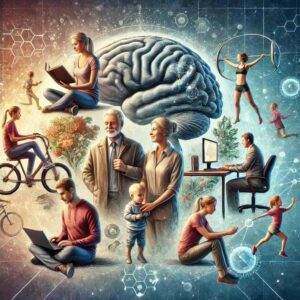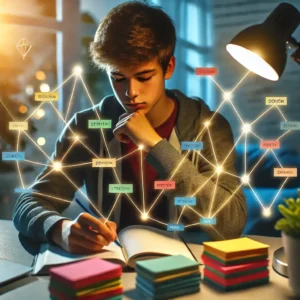Whether you’re a parent guiding your child or someone eager to understand yourself and the world better, this article is for you. 🌍
We’re diving into one of the most fascinating scientific theories—one that is shaping modern neuroscience and psychology 🧠. This concept doesn’t just explain how we think—it influences every aspect of our lives, from learning and decision-making to relationships and personal growth.
By exploring it, you’ll uncover powerful tools to help you and your children navigate challenges, adapt to change, and make sense of the world 🌈—all while gaining profound insights into your own thoughts and actions. ✨
🧠 Why Understanding Predictive Processing Changes Everything
🔹 “The Hidden Power of Prediction: How Your Brain Shapes Your Reality”
🔹 “Unlocking Growth: How Predictive Processing Transforms Learning, Decision-Making, and Resilience”
🔹 “Your Brain’s Secret Superpower: Why Predictive Processing Changes Everything”
🔹 “How Understanding Predictive Processing Helps You Learn Faster, Stress Less, and Adapt Better”
We live in a world flooded with information, yet our brains don’t process everything equally. Instead, they filter, predict, and refine what we perceive—shaping our thoughts, actions, and emotions before we’re even aware of it. This process, called Predictive Processing, is the foundation of how we learn, adapt, and make sense of life.
Every mistake, every challenge, every unexpected outcome is not just an obstacle—it’s an opportunity for your brain to improve its model of the world. Once you grasp this, you’ll see learning, confidence, and resilience in a whole new light
🧠 How We’re Predicting All Day Long (Without Even Knowing It)

Predictive Processing (PP) explains how our brain makes sense of the world. Instead of passively reacting to events, our brain constantly predicts what will happen based on past experiences. These predictions shape how we perceive and respond to reality.
🔍 Everyday Example: The Knock at the Door
🚪 You hear a knock—before you even check, your brain predicts who it might be based on:
⏳ The time of day 🕒
💬 Recent conversations 📞
📍 Your expectations of visitors 🚶♂️
✅ If the prediction is correct (it’s your expected guest), your brain efficiently processes the event.
❌ If the prediction is wrong (an unexpected visitor), your brain updates its model, refining future predictions.
Why This Matters: The Power of Updating Predictions

Our ability to learn, grow, and make good decisions depends on how well we update our predictions when reality gives us new information. When our brain updates correctly, we become better at learning, problem-solving, and adapting. But when we hold onto outdated or mistaken predictions, it can lead to unnecessary stress, misunderstandings, and poor decision-making.
💡 In Daily Life: If someone doesn’t reply to a text, your brain predicts a reason—maybe they’re upset. But if you don’t update that prediction when you later learn they were just busy, you might react in ways that create unnecessary tension.
📚 In Learning: If a child struggles with math early on, their brain might predict, I’m bad at this. But if they don’t update that belief when they improve, they may stop trying—even though their abilities have changed.
👔 In Business: Leaders and companies rely on past experiences to predict what customers will want, but if they don’t adjust when the market shifts, they risk making bad decisions.
🧠 The Power and Pitfalls of Not Understanding How Our Brains Predict the World

We live in a world overflowing with information. Every second, we take in far more than we could possibly process. To navigate this complexity, our brains don’t analyze everything—instead, they rely on mental shortcuts (heuristics) to predict what will happen next.
Most of the time, these shortcuts are incredibly useful. We are naturally good predictors, and this ability helps us:
✅ Recognize patterns quickly – Knowing what to expect in familiar situations.
✅ Make fast decisions – Avoiding cognitive overload by focusing on what matters.
✅ Navigate daily life efficiently – Predicting what’s likely to happen and preparing for it.
For example, if you’re walking into a meeting, your brain predicts how people will respond based on past interactions. If a friend smiles, you assume they’re happy to see you—without needing to analyze every facial muscle movement.
While these mental shortcuts usually serve us well, they also lead us astray—especially when we rely on old predictions instead of updating our understanding.
Real-World Examples of Misguided Predictions (and Why They Happen)

Our brains are wired to predict what will happen next, but sometimes, those predictions lead us astray. These quick judgments—while helpful in many cases—can also cause unnecessary stress and conflict when they’re based on incomplete or outdated information.
Here’s how it happens in everyday life:
📢 Scenario 1: The Unanswered Email
You send an important email to your boss and don’t get a response. Your brain predicts a negative outcome:
❌ Did I say something wrong? Am I in trouble?
But in reality, your boss was simply busy and hadn’t seen your message yet.
➡️ Why This Happens: Your brain is wired to detect social threats and uncertainty. When there’s a lack of information, it fills in the gaps—often with the worst possible scenario.
📢 Scenario 2: The Short Reply
Your friend seems distant or short with you in a conversation. Your brain predicts:
❌ They must be upset with me!
But in reality, they were just distracted by a personal issue.
➡️ Why This Happens: We assume people’s actions are about us when, in reality, most of the time, their mood or behavior has nothing to do with us. This is called the egocentric bias—our tendency to overestimate how much others think about us.
📢 Scenario 3: The Ignored Wave
You see someone you know, wave at them, and… nothing. No response. Your brain jumps to:
❌ They don’t like me!
But in reality, they simply didn’t see you.
➡️ Why This Happens: Our brains are constantly looking for social validation, and when an expected response doesn’t happen, we interpret it as rejection—even when no rejection actually occurred.
🧠 How to Navigate the World Better with This Understanding

The key to reducing stress, improving relationships, and making better decisions isn’t just knowing that our brains predict reality—it’s learning to challenge those predictions when needed.
Our brains use mental shortcuts (heuristics) to process the world efficiently, but when we over-rely on them, we create unnecessary stress and conflict. A simple way to pause and reassess our assumptions is to use The Three-Strike Rule before jumping to conclusions.
⚾ The Three-Strike Rule: When to Address a Situation
Your brain naturally predicts what will happen next, but when those predictions are wrong, it’s easy to jump to conclusions. The Three-Strike Rule helps you pause, reassess, and respond wisely, rather than reacting emotionally.

⚡ How to Apply It:
✅ 1st Strike: Give it time ⏳
Most situations resolve themselves. People are busy, misunderstandings happen, and emotions fluctuate. Instead of assuming the worst, wait and see if the situation sorts itself out.
🔍 2nd Strike: Look for alternative explanations 🤔
Your first assumption isn’t always correct. Before jumping to conclusions, ask yourself:
- Could the person be stressed or distracted? 😵💫
- Is there another reason for their behavior? 🔄
- Have I misunderstood the situation based on past experiences? 🧩
💬 3rd Strike: If the concern persists, address it directly 💡
If something continues to bother you, communicate calmly and seek clarity. Instead of assuming, ask. Many conflicts arise simply because people avoid addressing concerns directly.
🧠 Why This Works:
🔬 Research by Igor Grossmann, a world-renowned expert in wise reasoning, shows that adopting multiple perspectives leads to better decision-making and stronger emotional regulation.
🛑 When we pause and gather more information, we reduce impulsive reactions and respond with clarity instead of letting emotions dictate our actions. This shift in mindset allows us to navigate challenges with wisdom and adaptability rather than stress and misunderstanding. 🌍💡

✨ Why This Matters
🔹 😌 Reduces unnecessary stress – You stop assuming the worst and create space for better interpretations.
🔹 💞 Improves relationships – You avoid misreading situations and communicate more effectively.
🔹 🧠 Strengthens decision-making – You learn to think before jumping to conclusions, leading to wiser choices in life and work.
But this isn’t just valuable for us—it’s life-changing for children too. 🌱👦👧
When we teach kids to question their assumptions instead of immediately believing their first thoughts, they develop resilience, emotional intelligence, and better problem-solving skills.
💡 Imagine a child who learns:
🔹 “Just because my friend didn’t wave doesn’t mean they’re mad at me.” 🤔
🔹 “If I make a mistake, it doesn’t mean I’m bad at this—I’m still learning.” 📚
🔹 “Before I get upset, I’ll check if I’m jumping to conclusions.” 🔄
By modeling this thinking ourselves and encouraging kids to challenge their own predictions, we help them build confidence, reduce anxiety, and navigate the world with more ease and adaptability. 🚀💡
🚀 How to Get Started & Practice This Daily
Understanding that our brains predict reality is powerful—but knowing isn’t enough. To truly benefit, we need to practice noticing, questioning, and updating our predictions in real-life situations. Here’s how to get started:

🔹 Step 1: Notice When You’re Jumping to Conclusions
🛑 Pause whenever you feel a strong emotional reaction to a situation. Ask yourself:
- What is my brain predicting right now? 🤔
- Is this based on facts or just my assumptions? 🔍
- What else could be true? 🔄
✅ Example: If someone doesn’t text you back, instead of assuming they’re ignoring me, recognize the prediction and consider other explanations.
🔹 Step 2: Apply the Three-Strike Rule ⚾
1️⃣ Give it time – Let small misunderstandings or delays resolve themselves.
2️⃣ Look for alternative explanations – Challenge your first assumption.
3️⃣ Seek clarity if needed – If something still bothers you, calmly ask for clarification.
✅ Example: If your boss hasn’t replied to your email, instead of worrying, wait a bit, consider that they may be busy, and only follow up if necessary.
🔹 Step 3: Make It a Habit 🔁
🔸 Keep a mental (or written) log of situations where your predictions were wrong—it builds awareness.
🔸 Challenge yourself daily to pause before reacting and look for alternative explanations.
🔸 Teach your kids! 👦👧 Help them identify faulty predictions and talk through other possibilities.
✅ Example: If a child says, “I can’t do this, I’m bad at it,” help them reframe: “You’re still learning! What’s one small step forward?”
✨ Why Practicing This Matters
🎯 The more you question faulty predictions, the easier it becomes to make better decisions, communicate clearly, and navigate life with less stress and more confidence.
🧠 Why Understanding Predictive Processing is the Key to Lifelong Growth 🌟

Predictive Processing is more than a theory—it’s a roadmap for lifelong learning, confidence, and adaptability. Whether you’re mastering a new skill, improving relationships, or guiding your children, understanding how your brain predicts and learns helps you approach challenges with curiosity and resilience.
Every experience—whether it unfolds as expected or not—is an opportunity for your brain to refine its understanding, adjust its expectations, and prepare you for future success. The more we embrace mistakes as part of this natural process, the more we grow.
🌱 So, the next time you face a challenge, remind yourself:
✔️ Your brain is a learning machine, always updating and improving.
✔️ Setbacks aren’t failures—they’re opportunities to fine-tune your predictions.
✔️ Teaching this mindset to children helps them develop resilience and confidence for life.
Embrace the process, trust in your brain’s ability to adapt, and watch yourself—and your loved ones—thrive. 🌟✨
Found this guide useful? Help others discover the Getting to Give Project by sharing it. Your support allows more people to access cutting-edge, science-backed resources at no cost. 🌟 Thank you for reading!
📚 Suggested Reading for Further Insights
Karl Friston’s Research on Predictive Processing:
Predictive Coding Under the Free-Energy Principle
In this seminal paper, Friston explores how the brain minimizes free energy through predictive coding, offering insights into perception and action.
Andy Clark’s Work on Cognitive Science:
Whatever Next? Predictive Brains, Situated Agents, and the Future of Cognitive Science
Clark discusses how predictive processing frameworks can explain various cognitive functions, emphasizing the brain’s role as a prediction machine.
The Role of Prediction in AI Systems:
To Make Sense of the Present, Brains May Predict the Future
This article examines parallels between human predictive processing and artificial intelligence models, highlighting how AI systems utilize prediction to interpret data.




















